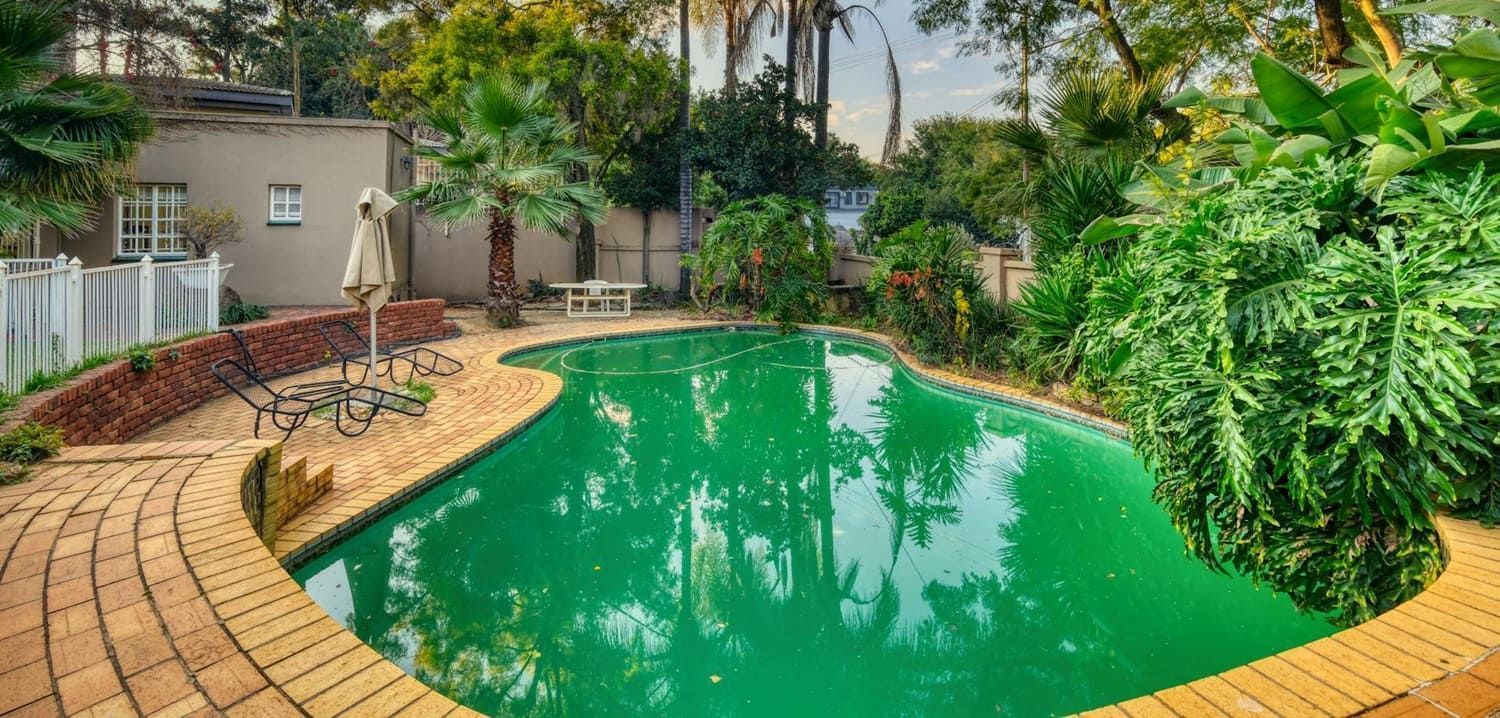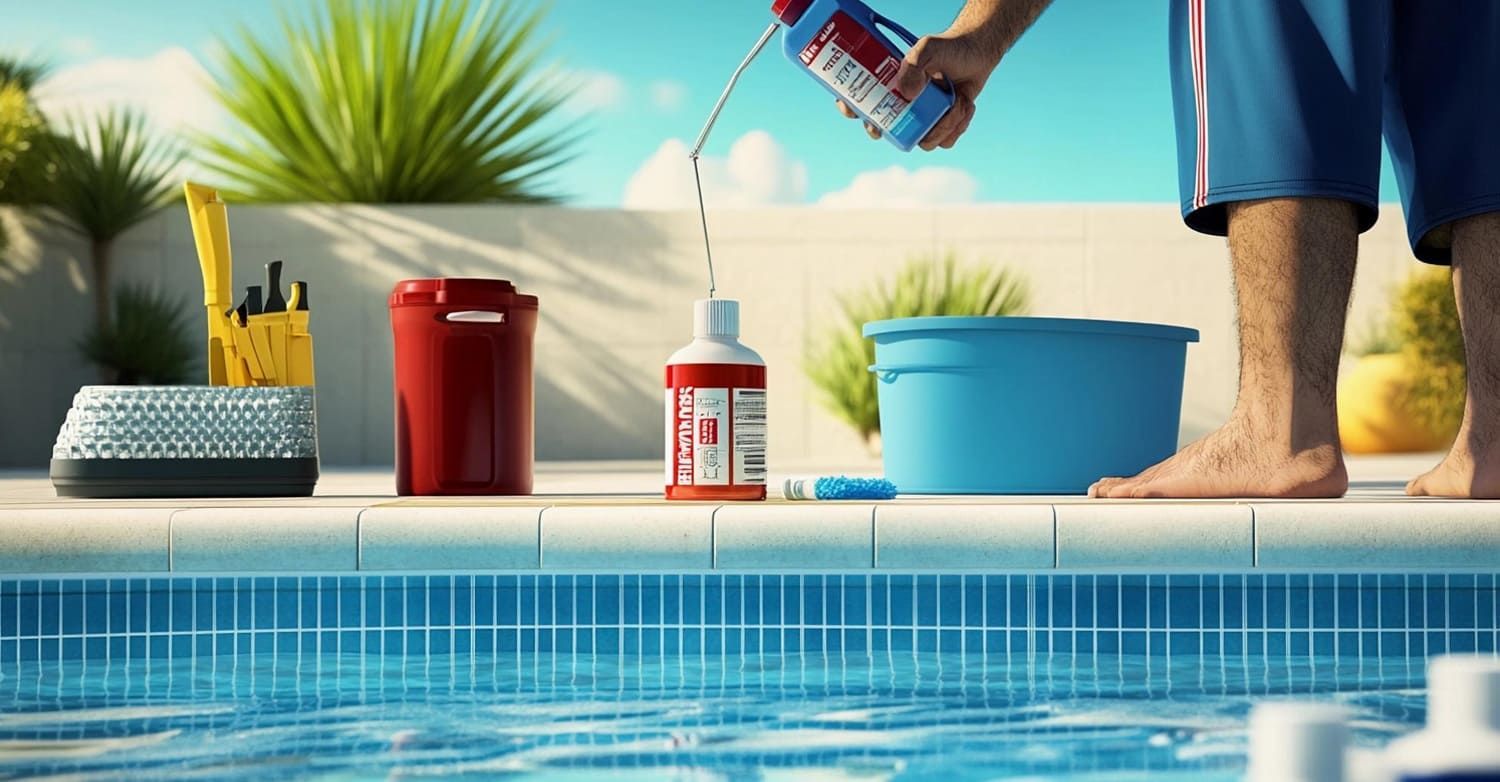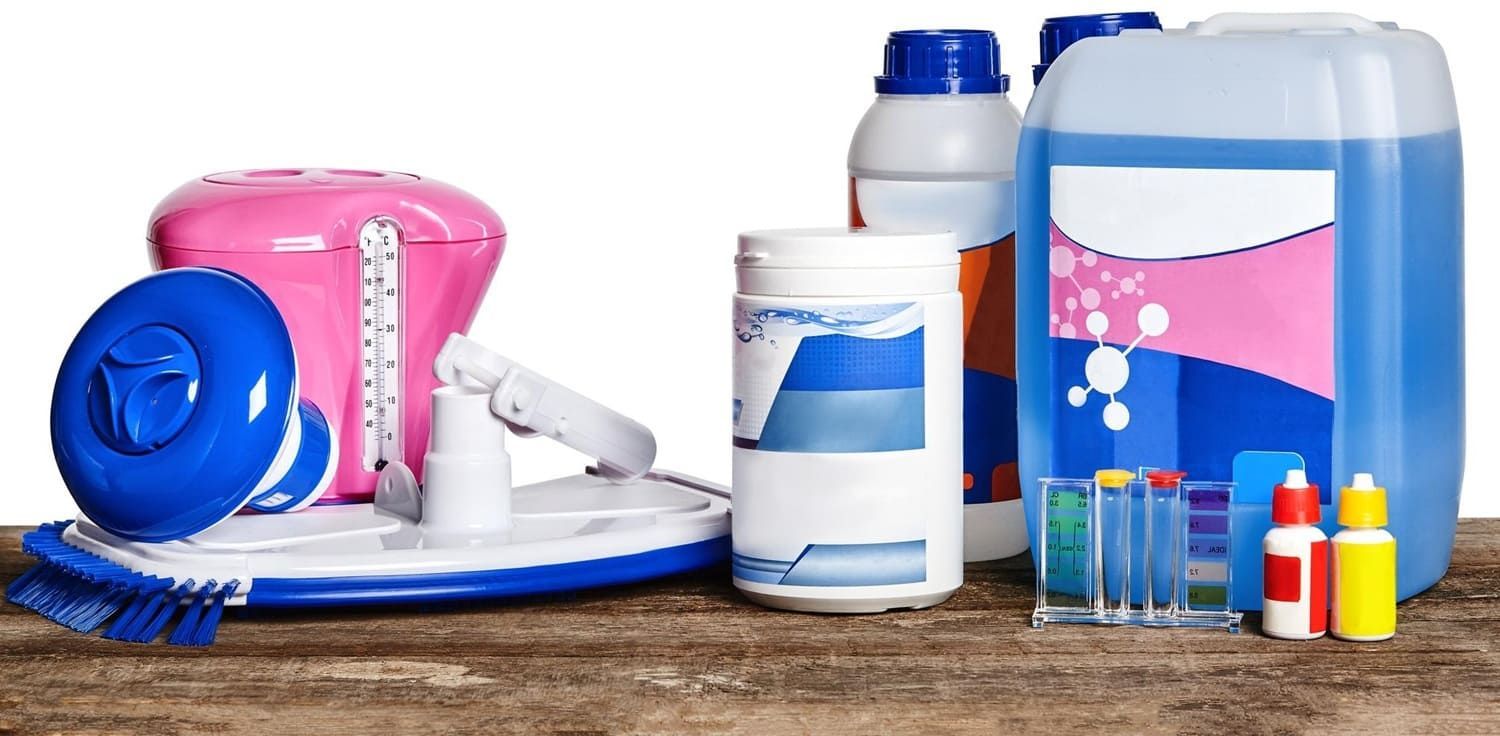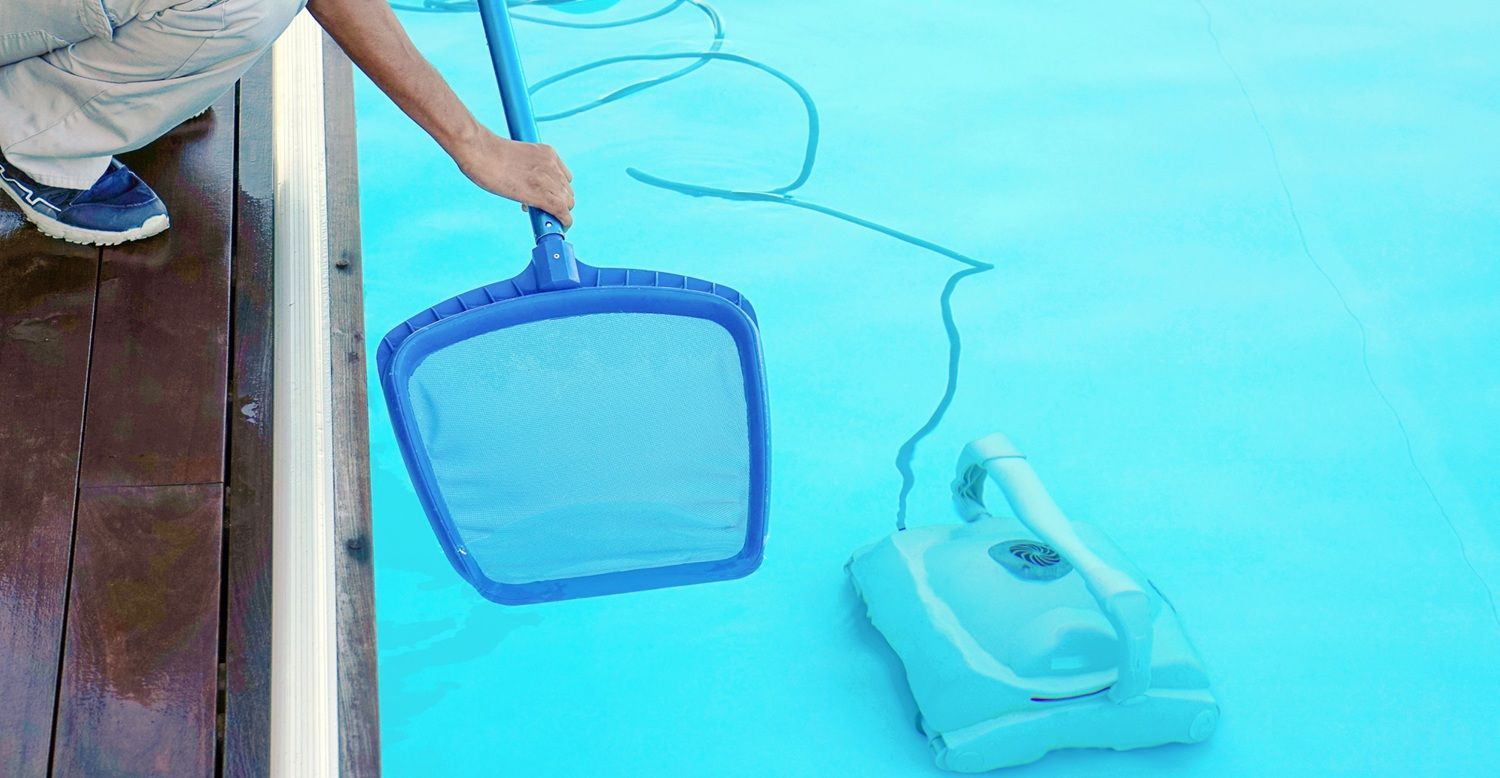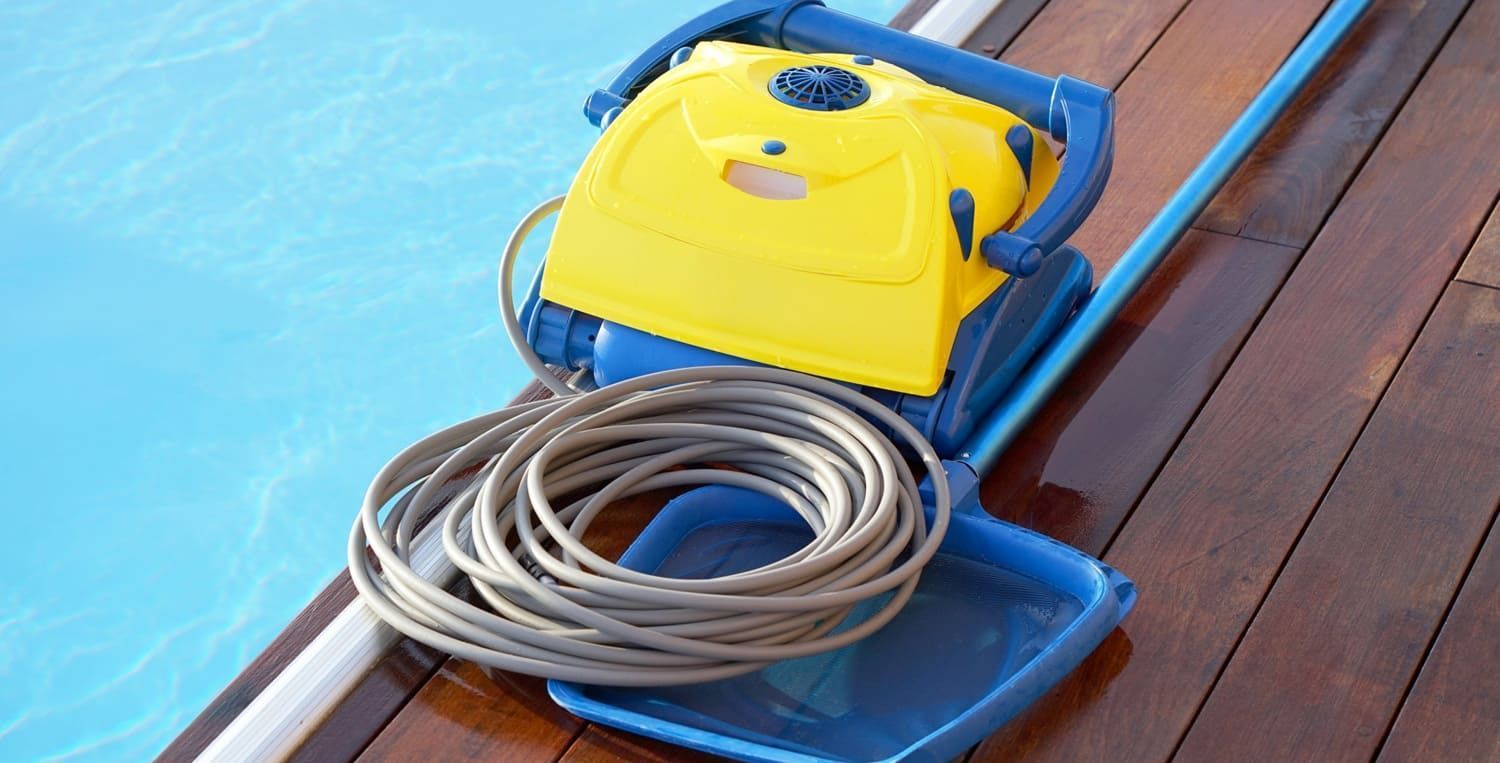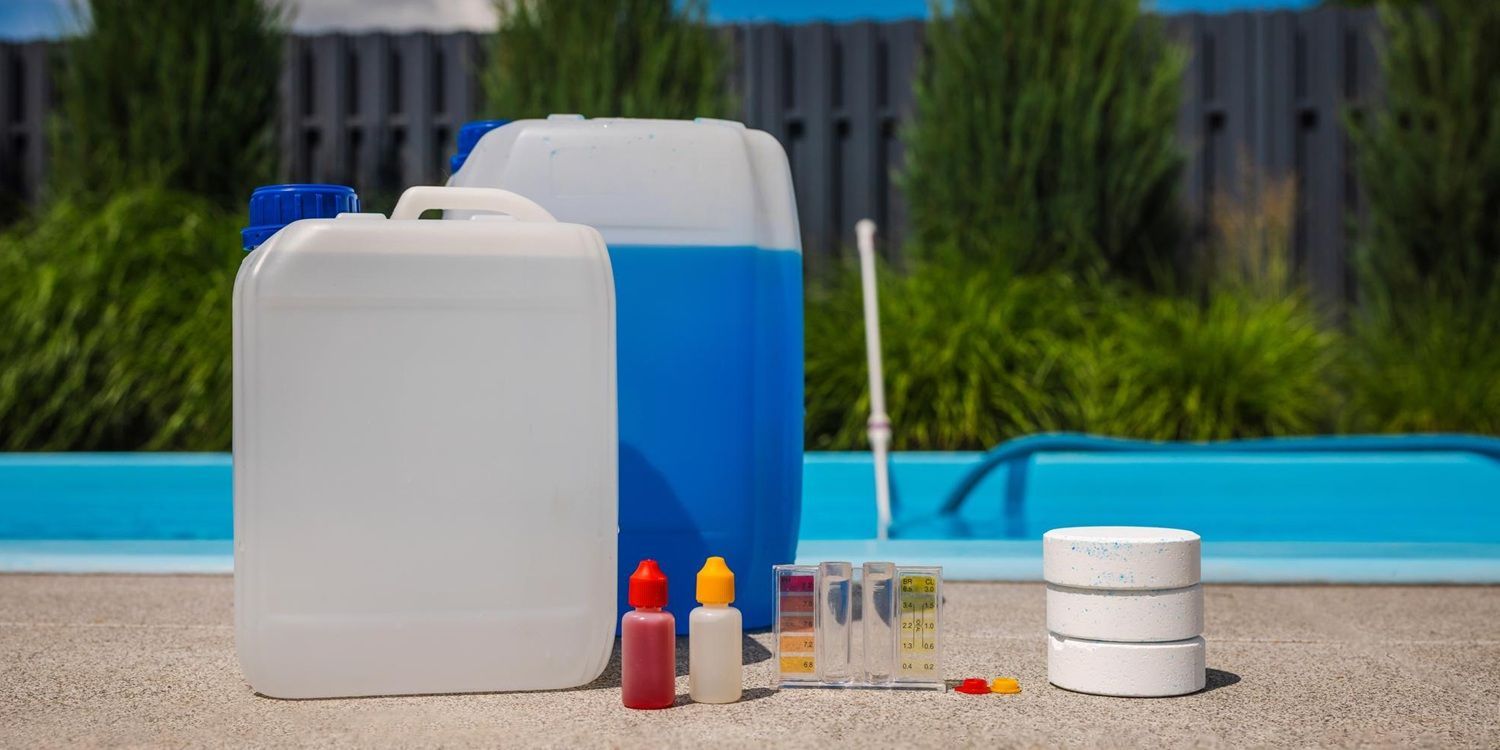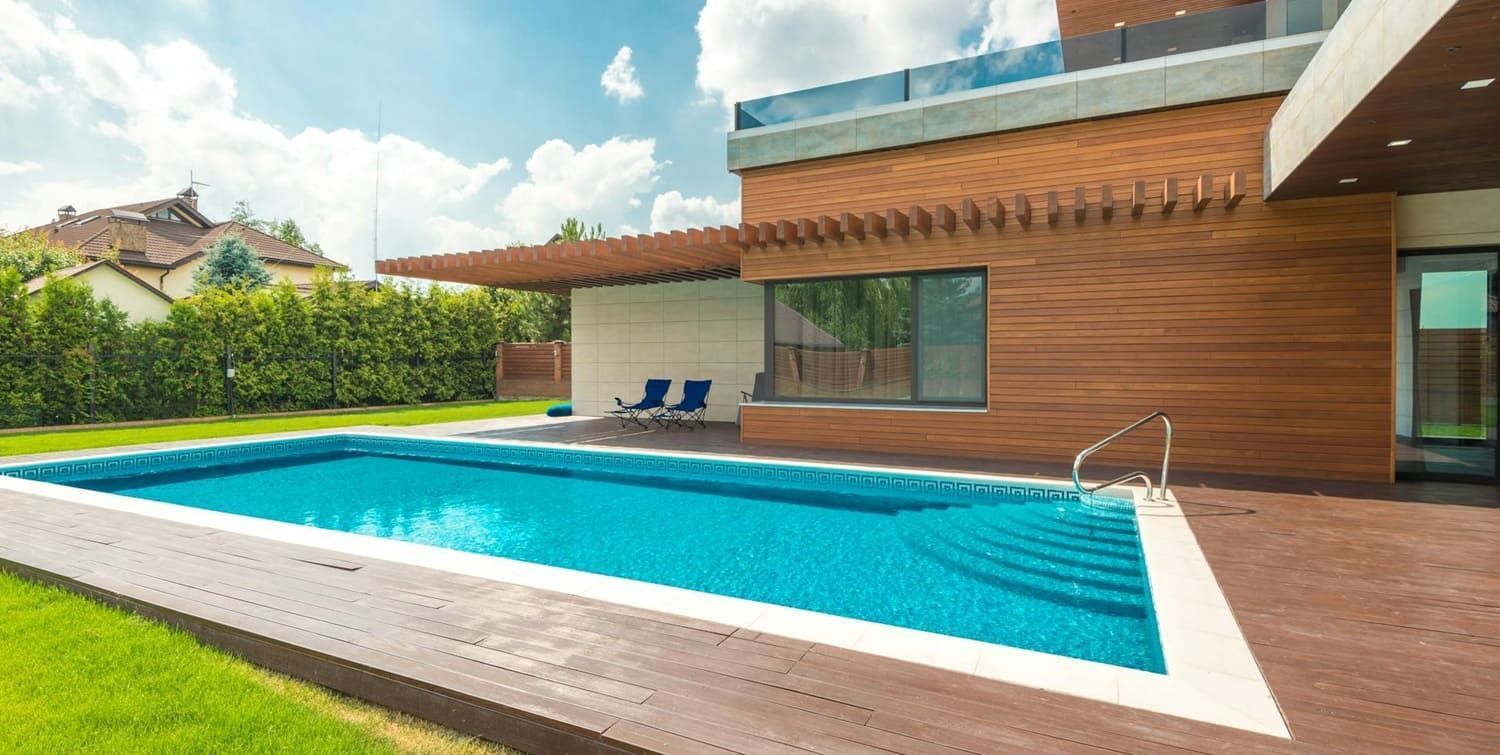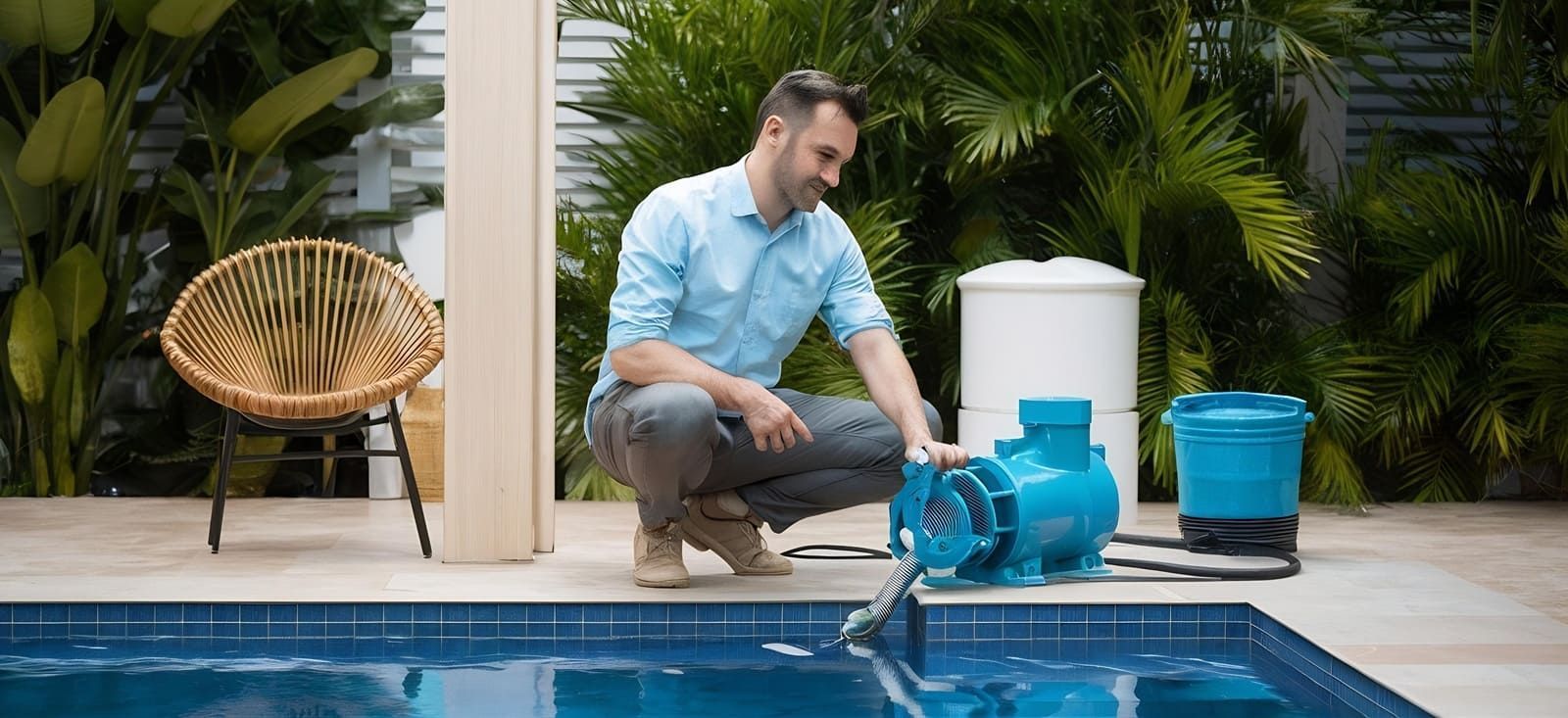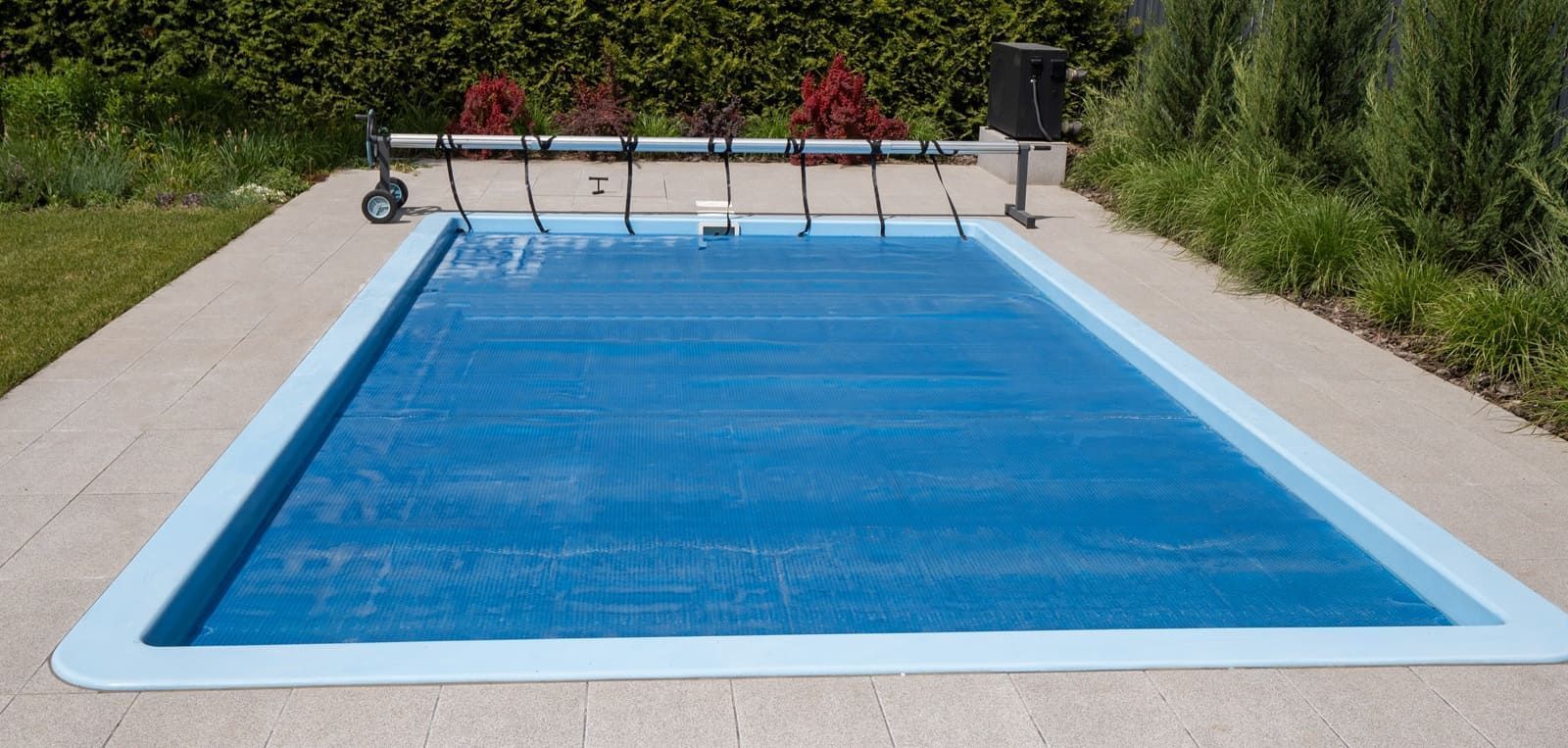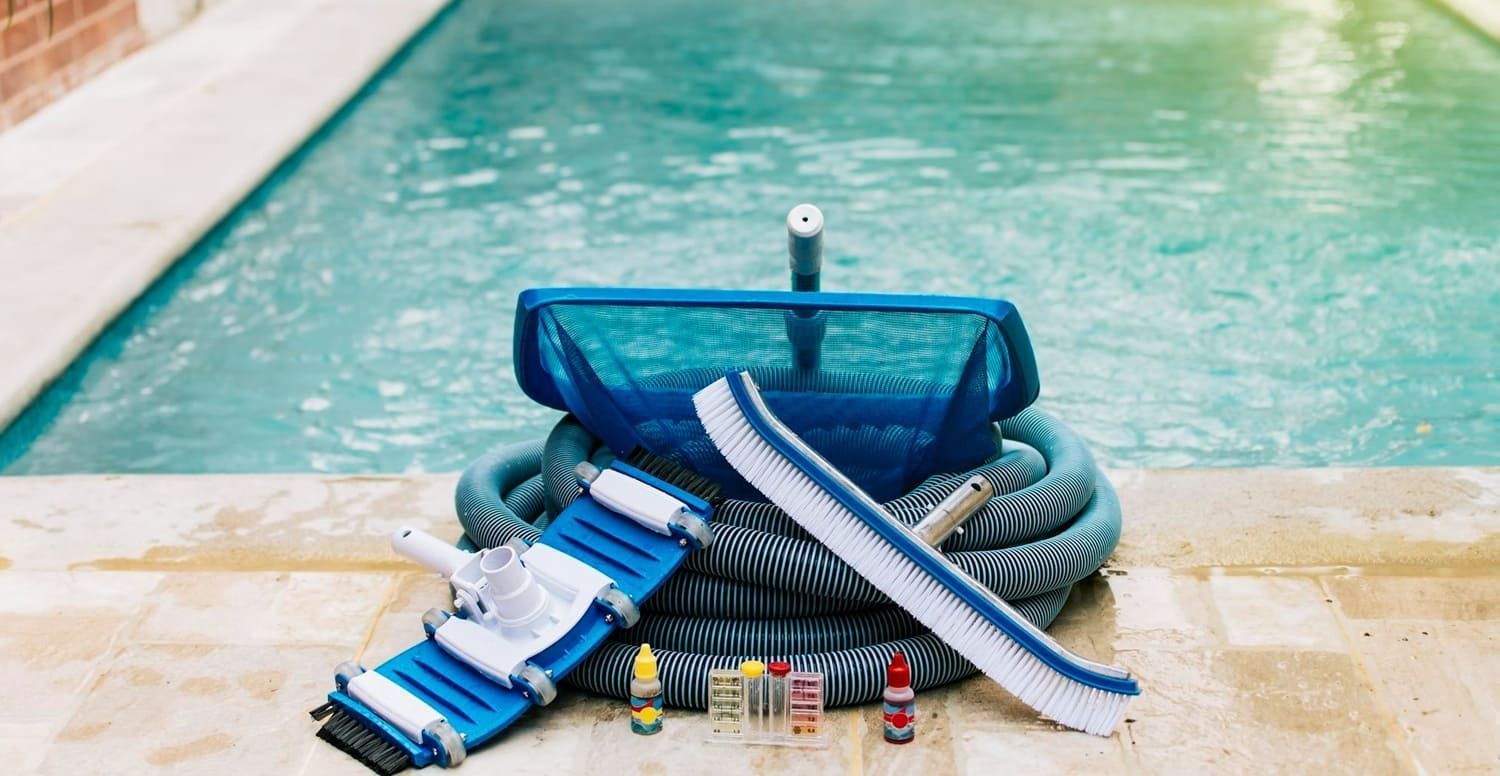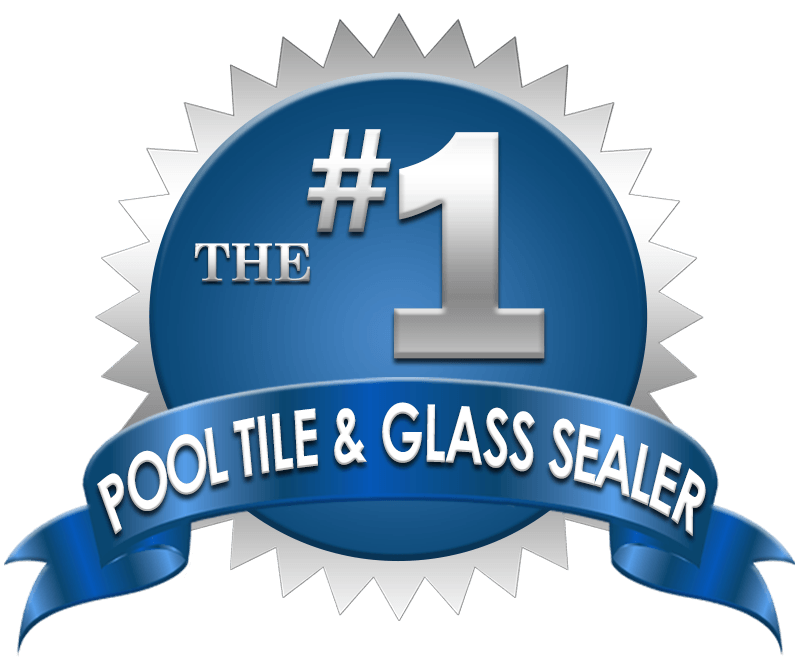Keeping It Crystal Clear: A Pool Cleaning Chemicals and Supplies Guide
Pool cleaning chemicals are essential components of crystal clear water and successful operations of swimming pools. Learn which ones you'll need in this guide.
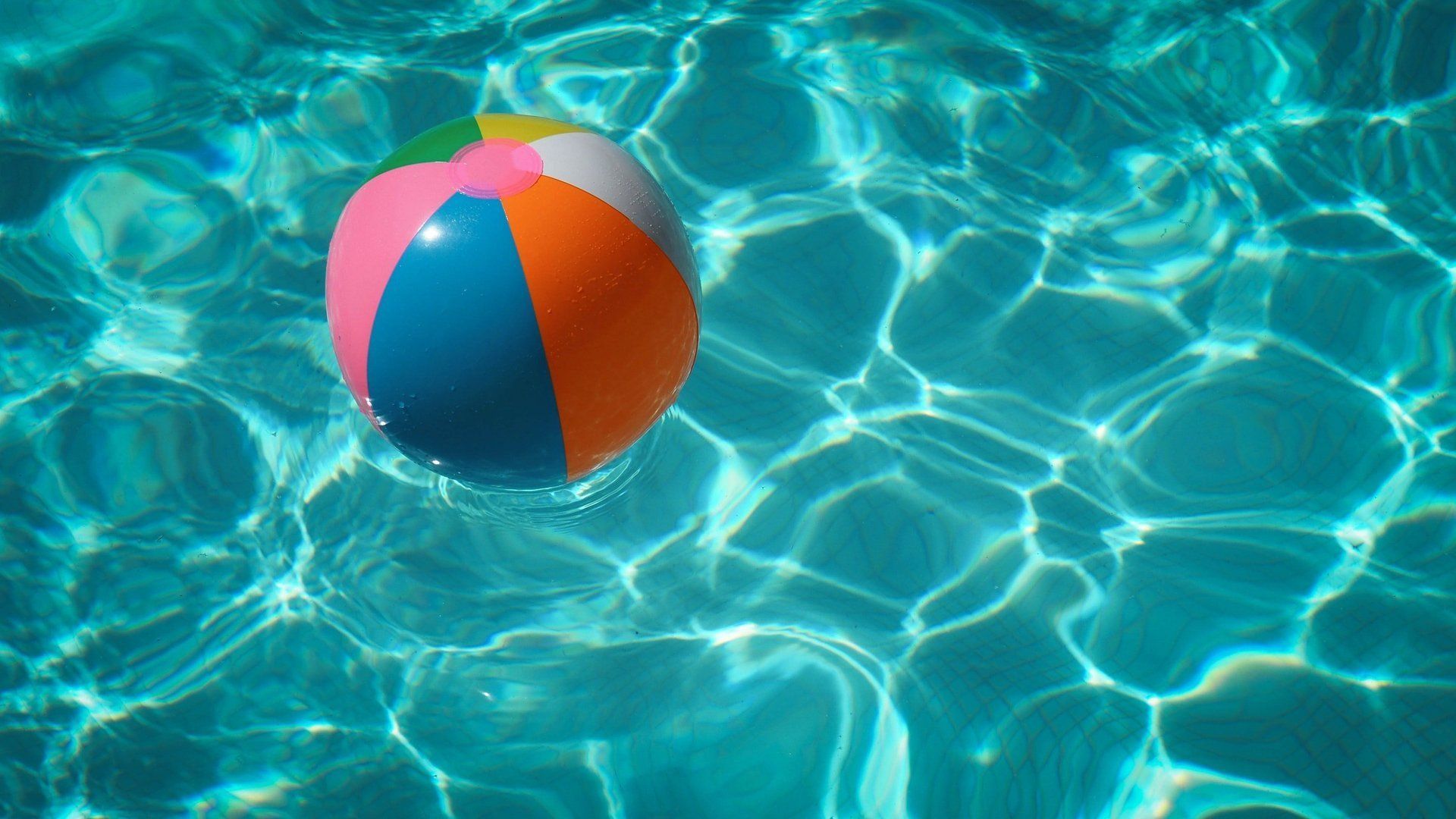
Demand for pool installation has skyrocketed in 2020. Whether you're putting in a new pool or you've had one for years, keeping it clean is a critical part of pool ownership.
Do you know which pool cleaning chemicals you need? What about other cleaning supplies?
Find out what you need to keep your pool in top shape so you can enjoy it worry-free.
Water Testing Supplies
Regularly testing your water is a critical part of pool maintenance. You should test the water at least once a week. This helps ensure that you add chemicals in time to prevent bacteria and algae from forming.
You have several different testing methods to choose from.
Test Strips
Test strips are the quickest and easiest to use. You hold the strip in a water sample for a few seconds and then compare it to the color scale that came with the strips. Test strips cover the basic levels you want to monitor:
- Free chlorine
- Total chlorine
- Bromine
- Total hardness
- Total alkalinity
- pH
- Cyanuric acid
Test strips are less expensive than liquid test kits. You go through them faster though, so the actual price advantage is small.
Liquid Test Kit
A basic liquid test kit includes phenol red and OTO to test for pH and chlorine.
Another option for liquid testing is DPD. DPD measures both free and total chlorine. These tests are more expensive than OTO tests, but they give you a better idea of the amount of chlorine working to clean your pool.
To use a liquid test kit, you collect a water sample in the collector that came with the kit. Add the recommended number of drops of the chemical(s). Then, compare the color of the water to the scales on the collector to find the levels you're measuring.
Whether you use test strips or a liquid test kit, you should bring a sample of your pool water to a pool store once a month for a professional test. You should also get a professional test when you open and close your pool for the season.
Pool Cleaning Chemicals
You may need several types of cleaning chemicals. These products sanitize your water, eliminate algae, and remove hard water stains.
You'll need to use some products consistently to keep your pool water safe for swimming. Other chemicals deal with a specific problem or clean a particular thing. You'll only need them occasionally.
Sanitizing Your Pool
Chlorine
Chlorine is the most popular way to sanitize pools. It kills viruses, bacteria, and algae.
If you have an outdoor pool, you'll need stabilized chlorine. Stabilized chlorine has cyanuric acid added, which helps the chlorine stay in the water longer. However, you have to monitor the levels of cyanuric acid to be sure it doesn't build up in your water.
If you have an indoor pool, you can use unstabilized chlorine.
Bromine
Bromine is the most common alternative to chlorine for sanitizing pools. It works better than chlorine in warmer water, so many people use it in their spas.
It stays active longer than chlorine in indoor pools. You won't need to use as much of it. However, bromine loses its effectiveness faster than chlorine in an outdoor pool.
Pool Shock
Shocking the pool raises the chlorine level significantly for a short time to eliminate contaminants. It also prevents algae and cloudy water. You should shock your pool at least once a week.
Calcium hypochlorite is the most economical pool shock. It's not stabilized, so you should shock the pool in the evening. This keeps the sun's UV rays from breaking down the chlorine too quickly.
Eliminating Algae
Algaecide
Phosphate Remover
Algae Brush
An algae brush lets you scrub algae off your pool's surfaces more easily. If you have a concrete or gunite pool, you can use an algae brush with stainless steel bristles.
You should use a brush with nylon bristles if you have a vinyl liner. Stainless steel bristles could damage the vinyl liner.
Cleaning Calcium and Mineral Deposits
Calcium hardness measures how hard or soft your pool water is. Your water hardness will vary depending on where you live and the water you use in your pool. If your calcium hardness is too high, you'll see crusty scale develop on surfaces and equipment.
To clean calcium deposits, use a cleaning product designed to remove calcium and mineral scale.
Adjusting the pH and alkalinity of your water can help keep the calcium hardness within the recommended range. You'll prevent scale from forming. You can also use a protectant on your pool surfaces.
Pool Chemicals to Adjust the pH and Alkalinity
Keeping the pH of your pool water within the optimal range is important. The pH measurement tells you how basic or acidic the water is. Chlorine won't work as well if the pH level isn't right.
You'll need a pH increaser and pH decreaser. When you reduce the pH, you also lower the alkalinity. This is why you'll often need to adjust the pH and alkalinity at the same time.
Alkalinity helps stabilize pH. To increase alkalinity, you can add sodium bicarbonate (baking soda). Muriatic acid will lower the alkalinity, as well as the pH.
Other Useful Pool Supplies
Several other supplies will help you keep your pool clean. A skimmer lets you easily scoop things like leaves and bugs out of the water. If you have a lot of plants or trees near your pool, you may want a larger leaf net.
A manual vacuum also removes debris. A vacuum is especially useful if you need to remove algae. After you brush the algae off, you can remove it from the water with the vacuum.
Finally, a pool cover will prevent debris from getting into your pool in the first place. A cover also protects the water from contamination when you close it for the season.
Find the Right Supplier for Your Swimming Pool Cleaners
Keeping your pool chemistry balanced is an important part of fully enjoying your pool. However, pool cleaning chemicals are dangerous and should always be handled carefully.
You can help protect yourself, your pool, and the environment by using biodegradable cleaning products.
LayorCare makes a complete line of cleaning and sealing products that are effective, non-toxic, and environmentally safe.
Check out our selection, and let us know if you have any questions. We'll help keep your pool clean and looking good all year.
Recent Posts
